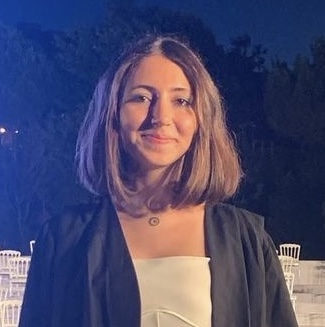 Lara Selin Seyahi is studying computer science at Stanford University and interviewed Stanford geophysics professor William Ellsworth right after the earthquakes. The interview was published in Oksijen newspaper.
Lara Selin Seyahi is studying computer science at Stanford University and interviewed Stanford geophysics professor William Ellsworth right after the earthquakes. The interview was published in Oksijen newspaper.
In response to Seyahi’s question about the February 6 earthquakes, Ellsworth said that it was expected that an earthquake could have happened in the region in people’s lifetimes due to the region being on a fault line. They discussed the similarities between southeast Turkey and the San Francisco Bay Area, in terms of earthquake susceptibility, noting that both regions are on fault lines. Ellsworth stated that if anything good comes from this earthquake it is that now perhaps people will understand why it is important that buildings are designed to survive earthquakes. Ellsworth also underlined that disasters did not need to happen to raise awareness.
Ellsworth further explained the scientific details as to how these earthquakes happened, describing the process of the release of energy that causes tectonic plates to slip, which is built up through the slow movement of the plates over many years. Ellsworth also shared the technological advances in earthquake early detection and prevention that have been used in the Bay Area.
Ellsworth underlined that the worst thing to do is to try to run outside, which is a major cause of deaths, apart from poorly built budlings: “All new buildings should have survived the earthquake. After all, that is what building codes are there for."
Seyahi also wrote an article for the Stanford Daily titled “Heartache: Earthquakes in my Country,” expressing her sadness about these tragic events and helping to raise awareness outside of Turkey.
Published July 2023



